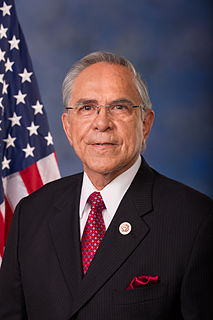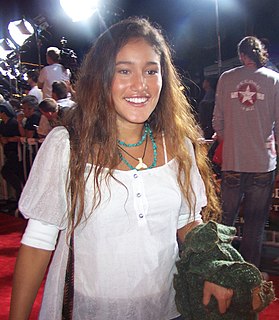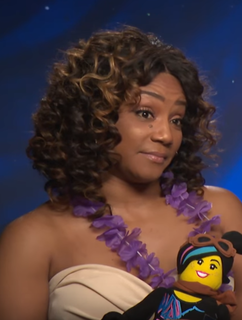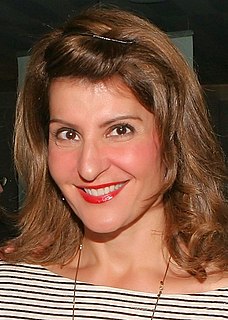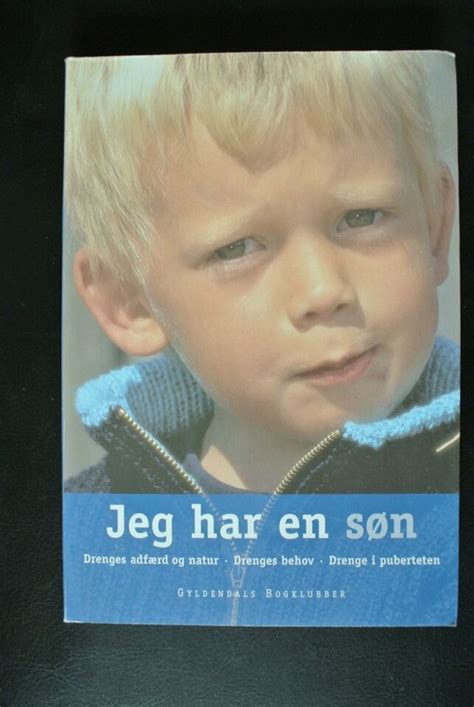A Quote by Ruben Hinojosa
We must not allow this generation to produce record numbers for the juvenile justice, runaway and homeless youth, or foster care systems.
Related Quotes
Youth should be radical. Youth should demand change in the world. Youth should not accept the old order if the world is to move on. But the old orders should not be moved easily - certainly not at the mere whim or behest of youth. There must be clash and if youth hasn't enough force or fervor to produce the clash the world grows stale and stagnant and sour in decay.
A girl must allow others to share the responsibility for care, thus enabling others to care for her. She must learn how to care inways appropriate to her age, her desires, and her needs; she then acts with authenticity. She must be allowed the freedom not to care; she then has access to a wide range of feelings and is able to care more fully.
